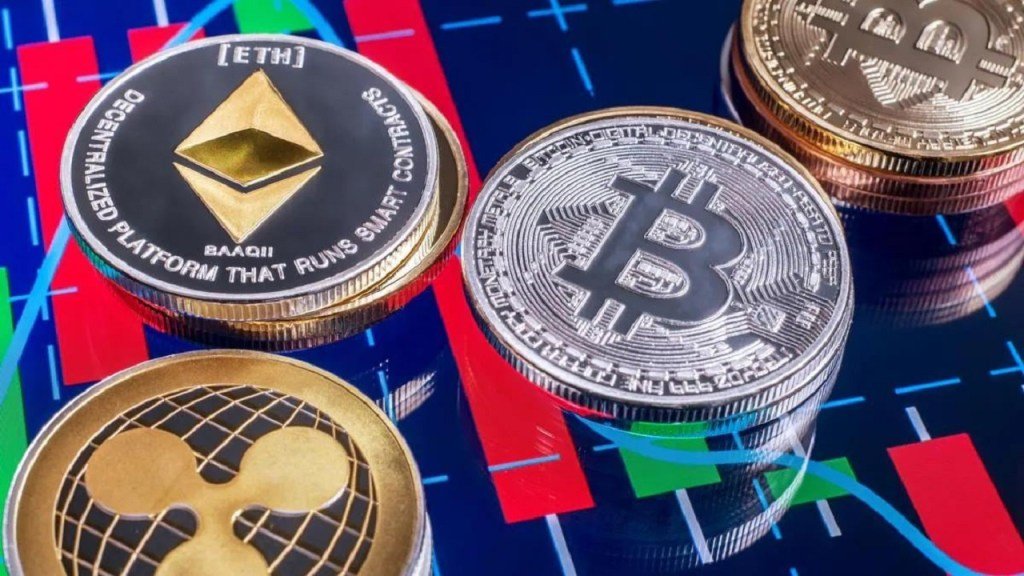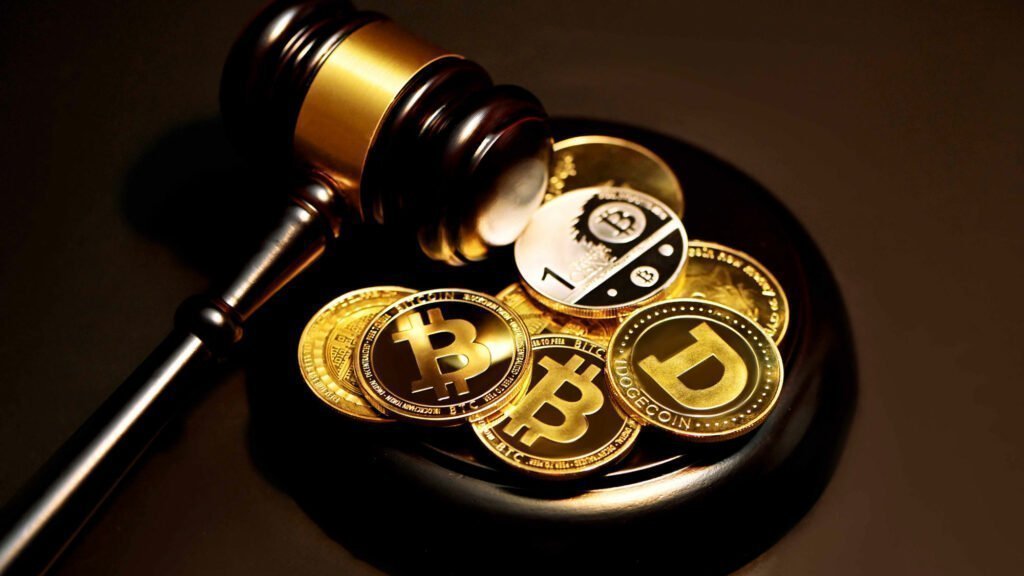The vast universe of cryptocurrencies and related products and services has grown rapidly in recent years. This new ecosystem has become increasingly connected with the regulated financial system. Policy makers have a hard time keeping up with the risks posed by an industry where most activities are unregulated, or at best lightly regulated. The European Union continues to work on these regulations. Finally, the European Securities and Markets Authority (ESMA) requested information from exchanges regarding their transactions regarding cryptocurrencies.
Cryptocurrencies are at the target of regulatory institutions and organizations
As you know, national regulators in 27 country blocks license crypto-asset firms. Besides, the European Securities and Markets Authority (ESMA) is watching the bigger players. “Coverage should cover all major exchanges and cryptocurrencies to provide a fair representation of the crypto market environment,” ESMA said in its announcement.
cryptocoin.com As you follow, the EU is not very positive about cryptocurrencies. Blok describes the cryptocurrency market as a ‘Wild West’ sector. That’s why it adopted groundbreaking rules to regulate this industry. Now, the European Securities and Markets Authority (ESMA), the European Union’s securities watchdog, has made a new move, according to a public procurement document. ESMA has started preparations for further examination of its crypto-related transactions.

European Securities and Markets Authority requests data
ESMA sent a public purchase request Tuesday to suppliers of trading data related to crypto transactions. Demand also includes spot trading and derivatives. However, it excludes transactions from Blockchain or distributed ledger technology, which underpins cryptocurrencies like Bitcoin. ESMA made the following statement regarding his request:
The data flow requested here must cover all exchanges and cryptocurrencies. In this way, it will be possible to make a full and fair definition of the points that the crypto money market can reach.

What will be the nature and frequency of the requested data?
Regulators use data to detect abuses in markets. Moreover, it needs data to find out who is on both sides of a transaction. It also needs this data to detect accumulations of risky positions that are likely to undermine regular markets. In this context, ESMA made the following statement regarding the detail and frequency of the data:
It is necessary to ensure that data is sent on a daily basis. It should include access to order books where you can see the liquidity and spreads between exchanges and trading pairs (in fiat and crypto).







